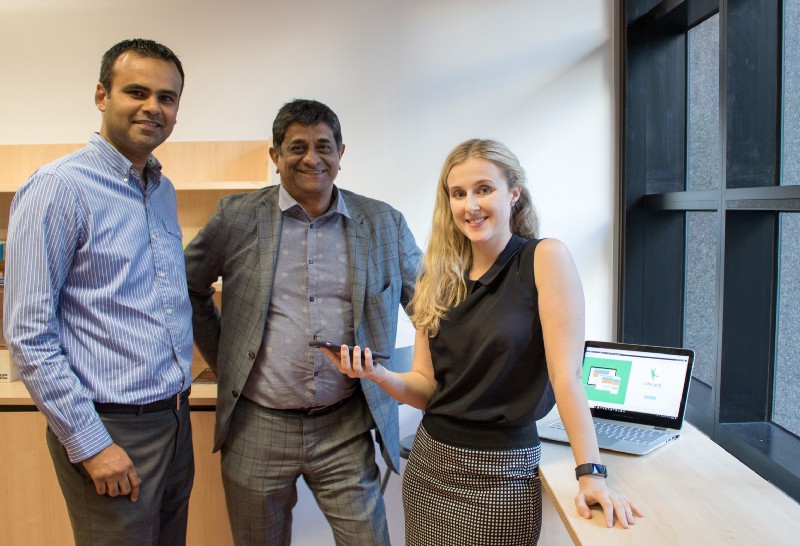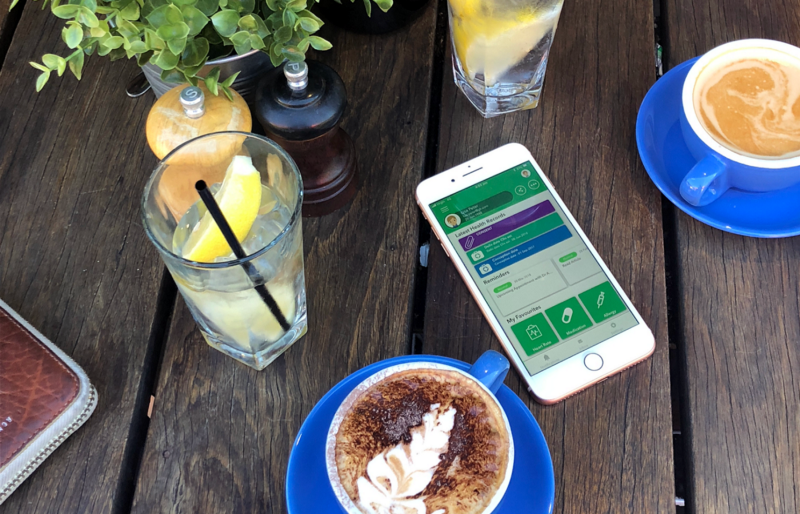With an explosion of data in the health space it makes sense that companies are focusing on collecting this information into one convenient space, but what are the impacts on privacy? We spoke to one company, Global Health about their approach.
The explosion in wearable health technology has meant that increasing amounts of health data are recorded and tracked, from devices that monitor heart rate, electrical brain impulses to even the chemical composition of sweat. As the amount of data that is collected increases, the way that this data is protected is becoming more important to consumers and to companies themselves who are aware that data breaches could damage their reputation.
To date health data from different services can only be viewed in isolation, for example tracking your heart rate and activity, and so it’s use to consumers has been limited. Lifecard is an app developed by Global Health that gathers an individual’s health data into one place, allowing them to gain control over their data. The app allows users or their doctors to view health data holistically and identify trends that can assist in patient treatment. We spoke to Courtney Angel Global Health’s communications manager about Lifecard’s development, its future and how Global Health ensures that users’ information is protected.

How will LifeCard alter healthcare in Australia? Will it change how patients will approach their treatment?
Lifecard is different from other patient portals available as rather than looking at one interaction at one point of time it gathers all health data into one application. This means that patients with chronic conditions who see practitioners can easily take their data between appointments. The app can collate lab results, and clinical data that a practitioner would like you to keep on your record. Additionally, the app can collate general health data such as a patient’s heart rate or step count which allows patients to track their holistic wellbeing. Lifecard is working to automate this data transfer and looking to form partnerships with Google and Apple Health to streamline this process from a user standpoint. Similarly, Lifecard is working with My Health Record to ensure that all health data can be viewed from within one application.
Currently this data can be added by clinicians using secure messaging that works alongside their existing communication systems or manually input by users. Clinicians can send specific information to the Lifecard, ensuring that patients only receive the data that they need, rather than being overwhelmed by a huge volume of data that may require specialized knowledge to interpret.

How is Lifecard protecting patient data? Does this differ to how Global Health protects data for its other services?
Although Global Health offers products with a consumer and practitioner focus, they both contain confidential and sensitive patient information and as such data protection and security are key. As a provider who has operated in Australia for over 30 years Global Health is aware of the required security standards. Lifecard complies with these standards by storing all patient data within Australian data centers and implementing security within the application itself. This includes using secure message delivery systems (similar to how practitioners transmit the data within a hospital) to deliver data to Lifecard. Additionally, Lifecard uses biometric login and two-factor authentication to prevent security breaches on devices. Finally, user choice is built into Lifecard with users able to choose who they share data with, what data they share, and for how long they share it. This means that users can share relevant information with supervising clinicians but maintain their privacy over, for example, their step count.
Similarly, when Global Health taps into different international markets they ensure that they design their data collection and security systems in line with that countries laws and standards.
Global Health has a range of innovations and over 30 yrs of experience operating in Australia, what are the challenges you see as facing health innovators especially in the area of privacy?
The flow of data across the healthcare eco-system has always been a challenge for the health industry. Data has traditionally sat in separate silos, isolated to a particular Doctor, organization or individual device. There has been a limited transfer of this information between healthcare practitioners, organisations, and individuals. Apps like Lifecard and tools for Secure Message Delivery are key to overcoming these obstacles.
In trying to innovate there is sometimes a conflict between balancing the benefits that could flow from data sharing and analytics and maintaining the privacy of individual users. However, more broadly interoperability remains a challenge across the healthcare industry. Especially in assisting in the flow of information between healthcare providers and organisations. Global Health is working on projects with other industry vendors to try to overcome these challenges to reach a more connected healthcare ecosystem.
To monitor the future progress of Lifecard you can view it on our website. If you have any questions regarding Australian privacy standards you can view the guidelines here.
